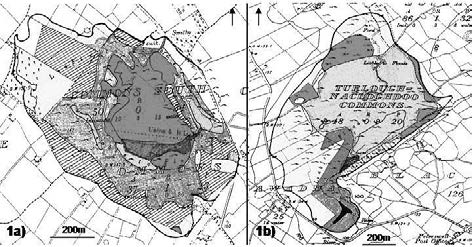Turloughs: a Mosaic of Biodiversity and Management Systems Unique to Ireland
DOI:
https://doi.org/10.3986/ac.v36i2.190Povzetek
Turloughs are seasonally flooded karst wetlands in Ireland and as priority habitats under the EU Habitats Directive, many have been designated as Special Areas of Conservation. They flood usually in winter, mostly through swallow holes, or estavelles, that open to the underlying limestone, but they may fill at any time of year if rainfall is excessive. Almost all of them occur on well-bedded pure Carboniferous limestone. Since the shallow basins of turloughs are usually covered in vegetation, unlike more permanent water bodies, they are excellent feeding areas for over-wintering wildfowl, such as ducks, geese and swans, hosting numbers of international importance. Turloughs are almost all grazed by domestic livestock in the summer months and they support relatively low-intensity farming due to their marginal nature and inaccessibility for much of the year. The vegetation depends to a large extent on the flooding regime and on soil type, usually comprising small-sedge communities or grass-dominated swards. The type of management varies considerably, not only between, but within turloughs. This gives rise to a diversity of sward composition and structure that increases both plant and invertebrate diversity. Whereas drainage was a large threat to turlough conservation in the past, eutrophication of flood waters is gaining in importance. However, the single greatest threat to turlough biodiversity in the future may be the cessation of farming within their basins. Turloughs are an integral part of the Irish cultural landscape and so it is important to develop a strategy for turlough conservation that involves the land-owners and takes into account local socio-economic factors as well as the conservation of their biodiversity.
Prenosi

Prenosi
Objavljeno
Kako citirati
Številka
Rubrike
Licenca
Avtorji jamčijo, da je delo njihova avtorska stvaritev, da v njem niso kršene avtorske pravice tretjih oseb ali kake druge pravice. V primeru zahtevkov tretjih oseb se avtorji zavezujejo, da bodo varovali interese založnika ter da bodo povrnili morebitno škodo.
Podrobneje v rubriki: Prispevki




